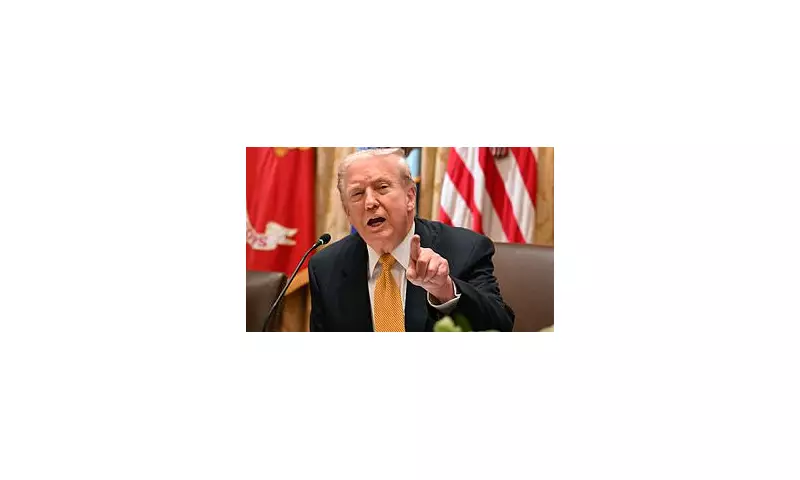
For ordinary Americans, the cost of living remains an urgent concern that President Donald Trump frequently highlights. His sweeping White House victory last year was built, as he often reminds supporters, on two key promises: securing the border and reducing everyday expenses like the price of eggs.
While the administration has dramatically succeeded on immigration - reducing illegal border crossings to a trickle - the economic picture presents a more complex challenge. Inflation continues to hover around three percent, roughly the same level as when Joe Biden left office.
Voter Backlash and Economic Anxiety
This persistent cost-of-living pressure recently influenced several key elections. New York voters elected radical leftist Zohran Mamdani as mayor, largely responding to his promises to address the city's famously high living costs that have become increasingly unmanageable for residents.
The discontent wasn't confined to New York. Voters in Virginia and New Jersey gubernatorial elections similarly chose Democratic candidates, delivering what many interpreted as a protest against economic conditions.
Meanwhile, Democrats are watching with interest as stock markets show volatility and concerns grow about potential tariff-related inflation. Yet declaring these developments as fatal economic headwinds or a Trump-induced meltdown might be premature.
Strong Fundamentals and Foreign Investment
Despite the inflation concerns, the fundamental strengths of the US economy remain robust. Stock markets, while experiencing corrections, continue trading at historically high levels. The S&P 500 has gained 23 percent since the start of the year, indicating underlying confidence.
Trump's tariff policies are generating billions in revenue as foreign trading partners prefer paying the duties rather than risking their lucrative relationships with the world's largest economy. This strategy is simultaneously attracting significant foreign investment.
British pharmaceutical giant AstraZeneca plans to invest $50 billion in the United States by 2030, recognizing America's position as the world's largest drug market. South Korean shipbuilding companies are pouring billions into modernising American shipyards, including Hanwha Ocean's $5 billion plan for the Philly Shipyard.
Turkish defence company Repkon has established substantial operations in Texas, providing machinery and technology for ammunition and missile-component manufacturing facilities in Mesquite and Garland. Both South Korea and Turkey likely anticipate favourable treatment in return for their investments.
Contradictions and Long-Term Strategy
The predicted labour shortages that experts warned would follow Trump's hardline immigration policies have yet to materialise. Meanwhile, technology companies continue reporting strong performance, with US chip giant Nvidia announcing better-than-expected third-quarter results, including a 62 percent revenue jump to $57 billion.
President Trump's approach represents nothing less than an attempt to reorder the global trading system after three decades of intensifying globalisation. His administration challenges an arrangement that he argues has enriched elites and China at the expense of ordinary Americans.
This realignment has found support among middle-ranking powers like Turkey, India, and Brazil, who are asserting their own economic interests amid the changing world order. The administration has rewarded allies like Argentine President Javier Milei with financial support and favourable nation status for pampas-grown beef exports, allowing American consumers access to quality meat at reasonable prices.
Historical comparisons have been drawn between Trump and President William McKinley, whose pursuit of American self-interest many credit with setting the nation on its path to extraordinary wealth and global dominance in the early 20th century.
However, this economic transformation will require more time than a single presidential term allows - a reality Trump acknowledges despite his teasing remarks about potentially seeking a constitutionally questionable third term. The ultimate success of his economic vision may depend on whether voters perceive current inflation pains as temporary growing pains toward a more favourable long-term arrangement.





